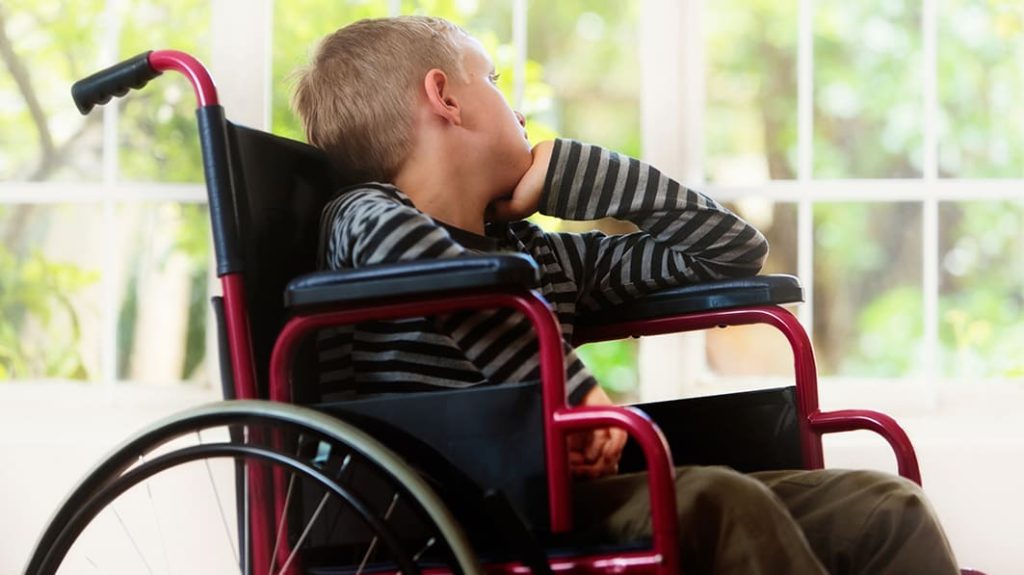The Impact of Bullying on Students with Disabilities

The Impact of Bullying on Students with Disabilities and What Schools Can Do

Bullying is a serious problem that can have a devastating impact on students, especially those with handicaps. Students with disabilities are more likely to be bullied than their peers without disabilities, and they are also more likely to experience negative consequences as a result of bullying.
The Impact of Bullying on Students with handicaps
Bullying can have a number of negative consequences for students with disabilities, including:
- Increased anxiety and depression
- Lower self-esteem
- Difficulty concentrating and learning
- Physical injuries
- Social isolation
- School avoidance
In some cases, bullying can even lead to students with disadvantages to dropping out of school.
What Schools Can Do
Schools can play a vital role in preventing and responding to bullying. Here are some things that schools can do to help protect students with handicaps from bullying:
- Create a safe and supportive school climate. Schools should create a school climate where all students feel safe and respected. This means having clear rules against bullying, and enforcing those rules consistently. It also means providing students with opportunities to learn about bullying and how to prevent it.
- Train staff on bullying. All school staff, including teachers, administrators, and support staff, should be trained on bullying. This training should help staff to recognize the signs of bullying, and to know how to respond to it effectively.
- Provide support to students who are bullied. Schools should provide support to students who are bullied, including counseling, academic support, and social support. Schools should also work with parents to develop a plan to address the bullying.
- Involve students with disabilities in bullying prevention efforts. Students with disabilities should be involved in bullying prevention efforts. This can help them to feel more empowered, and it can also help them to learn how to advocate for themselves.
Conclusion
Bullying is a serious problem that can have a devastating impact on students with disadvantages. Schools can play a vital role in preventing and responding to bullying. By creating a safe and supportive school climate, training staff on bullying, providing support to students who are bullied, and involving students with disabilities in bullying prevention efforts, schools can help to protect students with disabilities from bullying.
Children with Handicaps at School: The Challenges Children with disabilities face a number of challenges at school. These challenges can include: * Academic challenges: Children with disabilities may have difficulty with reading, writing, math, or other academic subjects.
They may also have difficulty paying attention or following directions. * Social challenges: Children with disadvantages may have difficulty making friends or fitting in. They may be teased or bullied by their peers.
Physical challenges: Children with dhandicaps may have difficulty walking, talking, or using their hands. They may also have difficulty seeing or hearing. * Emotional challenges: Children with disabilities may experience anxiety, depression, or other emotional problems. They may also have difficulty managing their emotions. These challenges can make it difficult for children with disabilities to succeed in school. They may need extra help from teachers, parents, and other adults.
How to Help Children with Disabilities Succeed in School There are a number of things that can be done to help children with disabilities succeed in school. These include: * Providing extra help: Children with disabilities may need extra help from teachers, parents, and other adults. This help can include tutoring, counseling, or other support services.
Modifying the curriculum: The curriculum may need to be modified to meet the needs of children with disadvantages. This may mean using different teaching methods or materials. * Creating a supportive environment: Children with disabilities need to feel safe and supported in order to succeed in school.
This means creating a school climate that is free from bullying and discrimination. It also means providing children with the resources they need to succeed. Conclusion Children with handicaps face a number of challenges at school. However, with the right support, they can succeed and reach their full potential.

